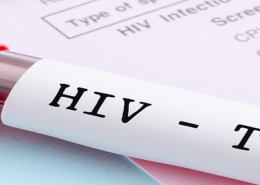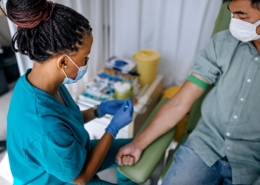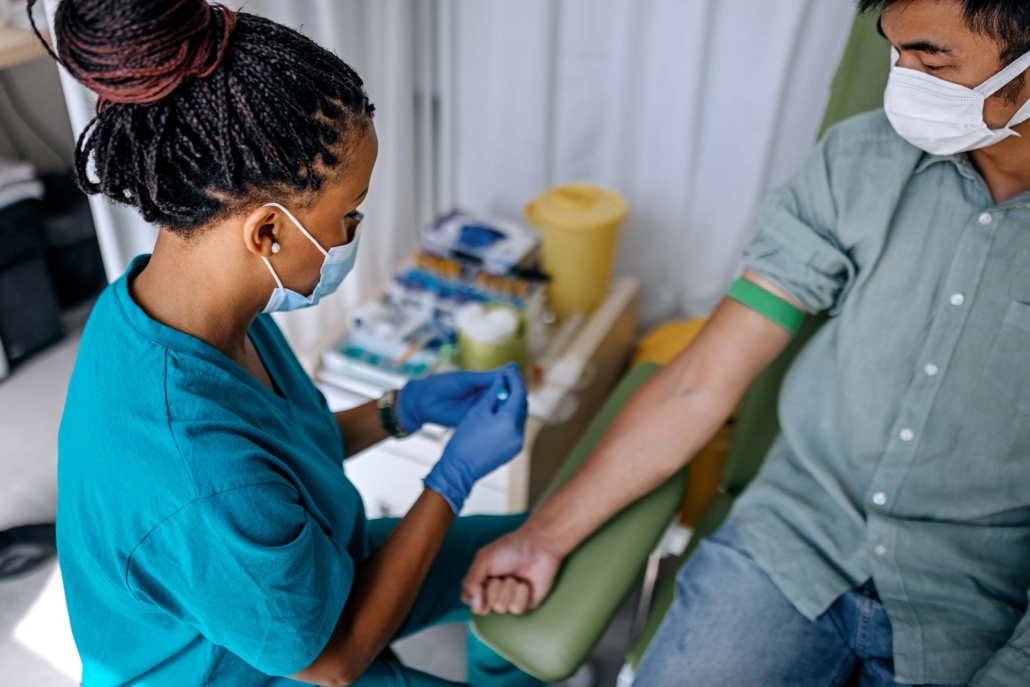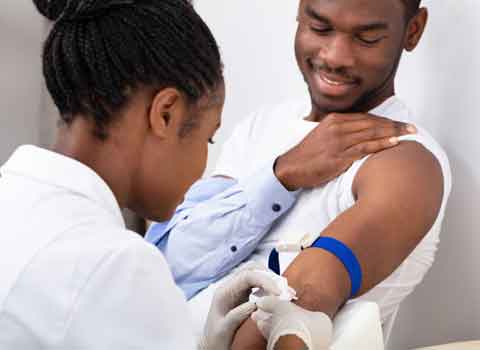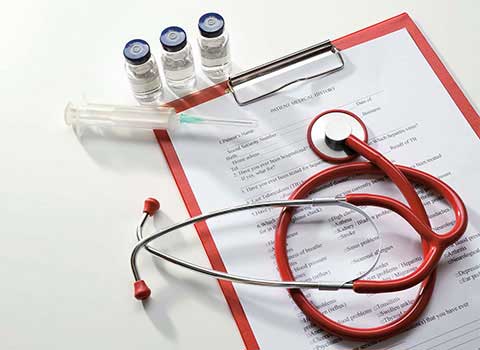 https://carethatfitsyou.org/wp-content/uploads/2018/06/hero-health-topics-e1767043868498.jpg
298
710
Bridget Blain
https://carethatfitsyou.org/wp-content/uploads/2020/04/care-that-fits-you.png
Bridget Blain2025-12-29 21:26:022026-01-13 19:35:30Party and Play (PnP)
https://carethatfitsyou.org/wp-content/uploads/2018/06/hero-health-topics-e1767043868498.jpg
298
710
Bridget Blain
https://carethatfitsyou.org/wp-content/uploads/2020/04/care-that-fits-you.png
Bridget Blain2025-12-29 21:26:022026-01-13 19:35:30Party and Play (PnP)Get the care you need: Vaccines
Vaccines (sometimes called vaccinations or immunizations) are important for your health. Vaccines can help prevent you from getting sick. If you do get sick, they can reduce your chance of getting seriously ill. Vaccines help your body fight against infections by training your immune system. By getting vaccinated, you can protect yourself and your community.
Below are commonly recommended vaccines you should discuss with your health care provider. The vaccines that are right for you will depend on your age, health conditions, and other related factors.
If you are living with HIV, be sure to ask your health care provider about any additional vaccines you may need. Learn more about vaccine recommendations for people living with HIV.
| Vaccine | When to Get Vaccinated | Dosage |
|---|---|---|
| COVID-19 | Each year in the fall | One dose. People 65 and older and those who are immunocompromised are recommended 2 doses each year, spaced 6 months apart. |
| Flu | Each year in the fall | One dose. |
| Hepatitis A (Hep A) | Routine childhood immunization. If you are under 30, you may already be vaccinated. Ask your health care provider. | Two doses spaced at least 6 months apart. There is also a combination Hep A and Hep B vaccine given in three doses. Learn more about Hep A. |
| Hepatitis B (Hep B) | Routine childhood immunization. If you are under 30, you may already be vaccinated. Ask your health care provider. | Three doses spaced over 6 months. There is also a combination Hep A and Hep B vaccine given in three doses. |
| Mpox (formerly called monkeypox) | Recommended for individuals who are at higher risk for mpox infection including those who have been exposed to or been in close contact with someone with mpox. Learn more about how may be at risk. | Two doses spaced at least 28 days apart. |
| HPV | Recommended for individuals up to 26 years of age, and some adults aged 27 through 45 years who are not already vaccinated and are considering the HPV vaccine after speaking with their provider about their risk for new HPV infections. | Three doses that are spaced over 6 months. |
| Shingles | Recommended for individuals aged 50 and older, or those 19 years and older who are immunodeficient or immunosuppressed. | Two doses that are spaced apart by 2 to 6 months. |
| Respiratory Syncytial Virus (RSV) | Recommended for individuals ages 75 and older, or between the ages of 60 and 74 and at increased risk. This is not currently an annual vaccine | One dose |
| Tetanus, diphtheria and pertussis (Tdap) | Recommended for all adults who have never received a Tdap. A booster dose is recommended every 10 years, or as recommended by a health care provider for wound management. | Three doses spaced at 4 weeks and 6-12 months for unvaccinated, boosters every 10 years thereafter. |
| Pneumonia | Recommended for individuals aged 50 and older, those who have risk factors such as HIV infection, lung, heart, or liver disease, or those who are immunodeficient or immunosuppressed. | One or two doses, depending on age and medical conditions. |
Looking for PrEP or
other services?
Search for services near you.
Is PrEP right for you?
Take a short quiz to learn more.










